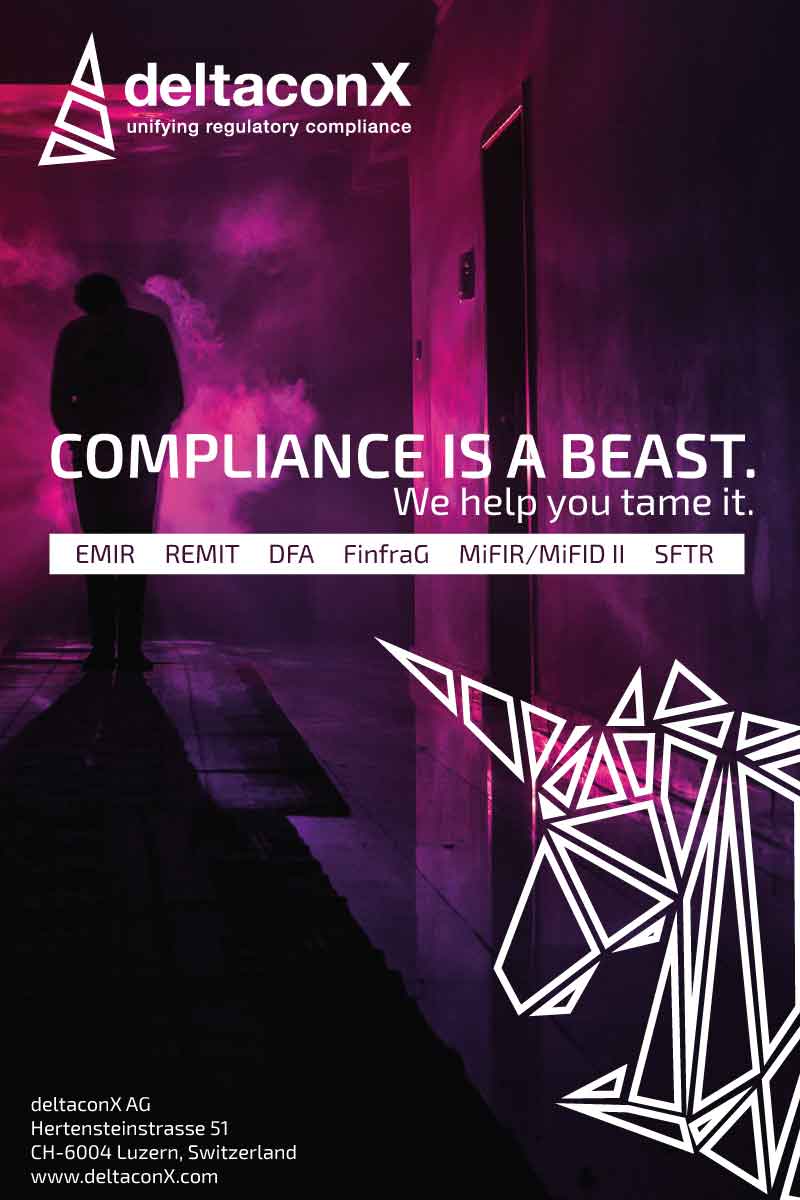Switzerland International Bank (SIB) has released a working paper on how to issue a central bank digital currency.
According to SIB, with the emergence of Bitcoin and the recently proposed digital currencies from BigTech, such as Diem (formerly Libra), central banks have growing competition from actors offering their own digital alternative to physical cash.
Digital currency is becoming increasingly popular. For example, last year the Banque de France completed a central bank digital currency live experiment using the SETL blockchain that powers the IZNES fund platform.
The paper suggests that central banks’ decisions on whether to issue a central bank digital currency (CBDC) or not depend on how they assess the benefits and risks of a CBDC.
It outlines that these benefits and risks, as well as the specific jurisdictional circumstances that define the scope of retail CBDC, are likely to differ from one country to another.
If a central bank decides to issue a retail CBDC, SIB proposes a token-based CBDC
that combines transaction privacy with know-your-customer and anti-money laundering/counter terrorist financing compliance.
Such a CBDC would not compete with commercial bank deposits but rather replicate physical cash, thereby limiting financial stability and monetary policy risks, says the Swiss Bank.
“We have shown that the scheme proposed here would be as efficient and as cost effective as modern RTGS’ operated by central banks. Electronic payments with our CBDC would only necessitate simple database transactions and miniscule amounts of bandwidth,” SIB outlines in the paper.
The efficiency and cost-effectiveness, together with enhanced consumer usability caused by shifting from authentication to authorisation, according to SIB, make this scheme likely to be the first to support the long-envisioned objective of online micropayments.
In addition, the Swiss bank says the use of coins to cryptographically sign electronic contracts would enable the use of smart contracts.
“This, too, could lead to the emergence of entirely new applications for payment systems. Although our system is not based on distributed ledger technology, it could easily be integrated with such technologies if required by financial market infrastructures in the future,” highlights SIB in its paper.
However, SIB affirms that it is just as important for a retail CBDC to reserve cash as a privacy-friendly commons under citizens’ individual control.
“This can be attained with the scheme proposed in this paper, and central banks can avoid significant disruptions to their monetary policy and financial stability while reaping the benefits of going digital,” the bank concludes.



